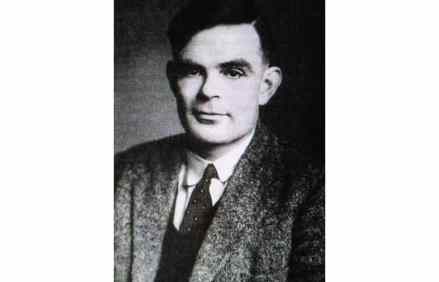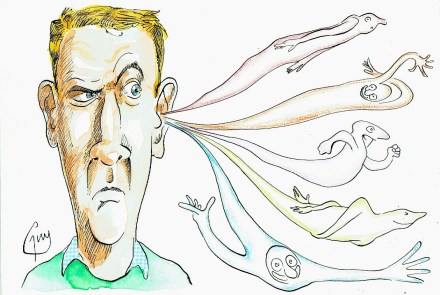What exactly do we mean by the mind?
Given the ingenuity of machine-makers, said Descartes in the 17th century, machines might well be constructed that exactly resemble humans. There would always, however, be ‘a reliable test’ to distinguish them. ‘Even the stupidest man’ is equipped by reason to adapt to ‘all the contingencies of life’, while no machine could ever be made with enough pre-set ‘arrangements’ to be convincingly versatile. But suppose it could? In 1950 Alan Turing proposed a test remarkably similar to Descartes’s. A computer and a human are asked questions, each being invisible to the questioner, and their respective responses compared. If the computer’s can be mistaken for the human’s, displaying equivalent versatility and apparent



